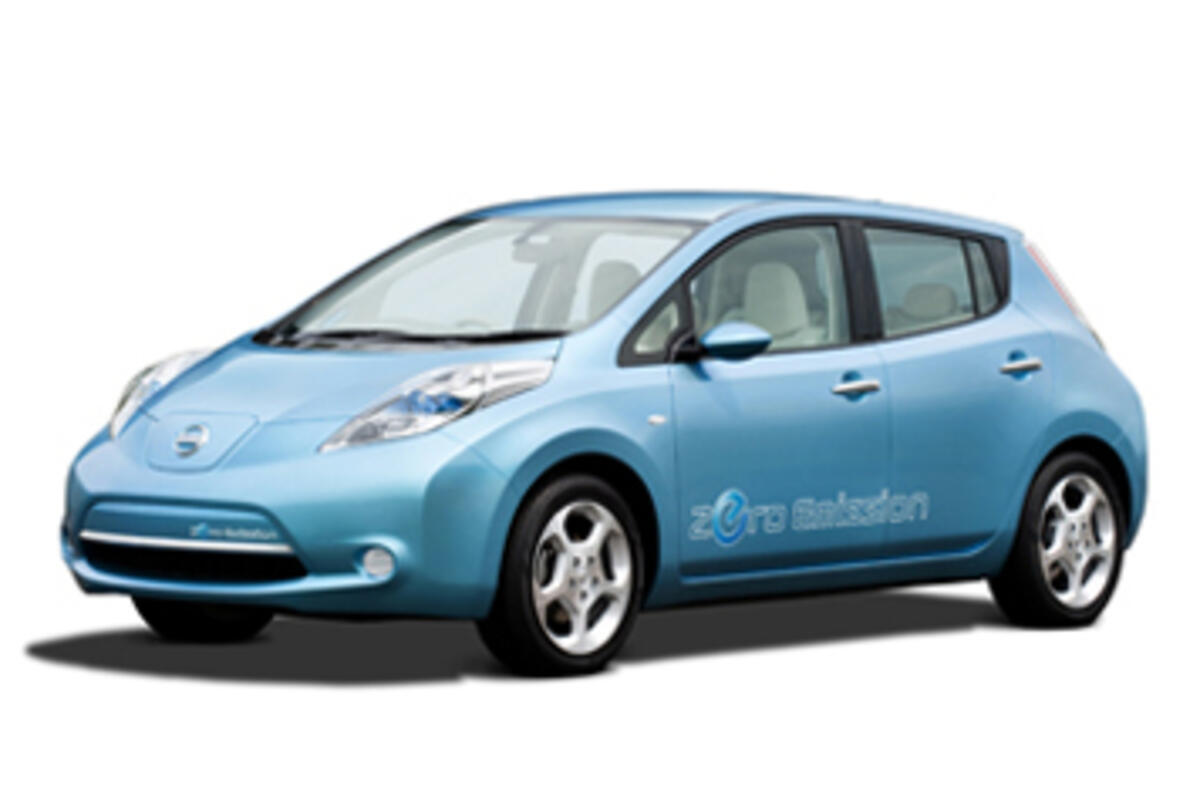The European Commission has published its vision for putting Europe at the forefront of electric car technology.
The strategy documentcalls for a Europe-wide standardised battery charger and for the new charging specification to be agreed by next year.
Antonio Tajani, the industry commissioner, said that common standards were essential for Europe, because Asian and US-based competitors were already developing their own programmes.
"Without strong standardisation work, I think it will be difficult to develop a market for electric cars," said Tajani.
Tajani added that the EU held no view on whether electric, hydrogen and other alternatively fuelled cars would take the market lead, but added that member states appeared to agree that electric-powered vehicles were the best long-term method to create low-carbon transport.
Transport accounts for about a quarter of the EU’s emissions of carbon dioxide.




Join the debate
Add your comment
Re: EU wants electric standards
LP
You are quite right about the Thermodynamic Losses, but the figures I provide are based on 'Work Done' and so are valid.
The losses you mention are, in fact, the reason why Motor Manufacturers are so far ahead of the Power Companies in terms of efficiency. I'm an Energy Consultant in my day job and you might like to Google "Micro CHP". Isn't it strange that a Diesel Engine in your Shed can be cheaper than buying Electricity from the Grid, but it goes to the same efficiency factors.
National Generating Capacity is of course another problem to be overcome before electric cars are viable.
Re: EU wants electric standards
These figures may be right, but there's a fatal flaw in your argument. Internal combustion engines are not very good at converting thermal energy into work, so in the case of the petrol engine 1 kWh of heat engine only yields about 250 Watt hrs of work. Petrol engines only have a thermal efficiency of about 25%, diesels around 40%. Compare this with an electric motor, which has an efficiency close to 100%. Even when allowance is amde for battery charging/discharging, I would guess that the overall efficiency (energy in/energy out) is around 80%.
Having said that, I think that you're right in so far as the electric car isn't massively better than ordinary cars in terms of CO2 - at least with our existing electric power stations.
Re: EU wants electric standards
Beachland
I suspect you are basing your comments on the situation in the days of leaded petrol and relatively high diesel particulates. Then you would have been correct that a strip either side of any major road would be heavily polluted.
But Lead is no more and Diesels have been cleaned up significantly. The Motor Manufacturers have made tremendous progress and left the 'Power' Sector way behind. (BTW the figure for a Coal Fired Power Station is about 1.0 kg CO2 per kWh! Four times the Motor Average)
CO2 is the World's major problem and unless you are lying by a tailpipe overall pollution is the greater threat.